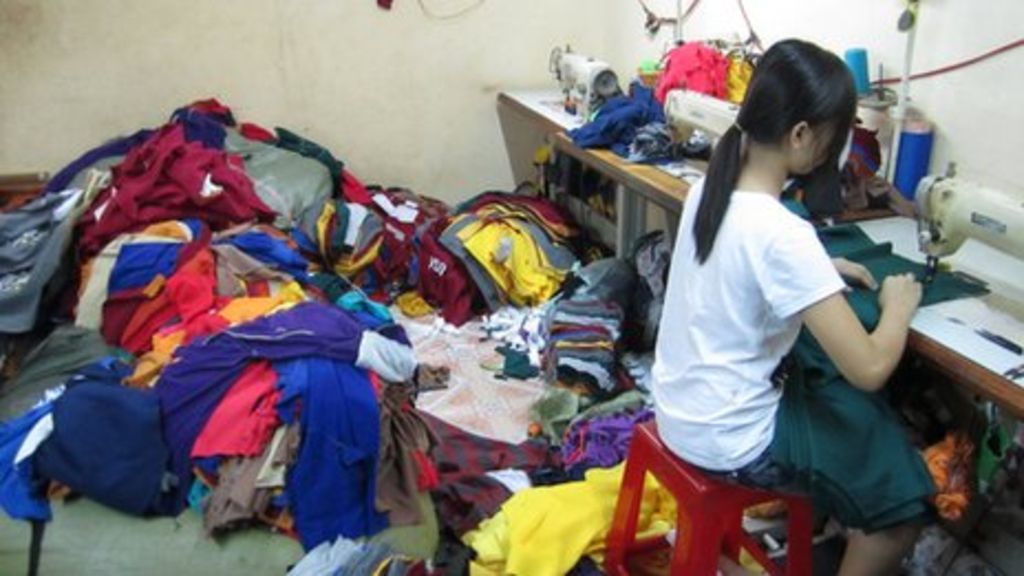As part of the Modern Slavery Act that will come into force this Friday, the Prime Minister has told large companies, including fashion retailers, that the burden of proof falls squarely on their shoulders when it comes to preventing the use of slave labour and child labour in the production of their goods.
The new law will affect more than 12,000 companies that have a turnover of £36 million or more from October. Each year, these companies will be required to publish a statement detailing the steps they have taken to ensure that children and slaves are not part of their workforce.
“This measure is one of the first of its kind in the world and it will be a huge step forward, introducing greater accountability on business for the condition of their supply chains,” Cameron said ahead of his official visit to Vietnam, where many garment factories are located.
The UK government also seeks to improve cooperation with Vietnamese authorities to tackle human trafficking, which has brought an estimated 3,000 Vietnamese children to the UK to work in nail bars and on cannabis farms.
Aidan McQuade, the director of Anti Slavery International, told the BBC that, “We are all tied up in the webs that ultimately have forced labour and slavery within them,” explaining that a huge proportion of clothing, especially cotton garments, have a connections to slave labour in their production. He also cautions that, although the new laws are welcome news, there are loopholes that must be closed, as overseas subsidiaries of UK companies are not required to comply with the new legislation.
Credits
Photography courtesy Blue Dragon Children’s Foundation
